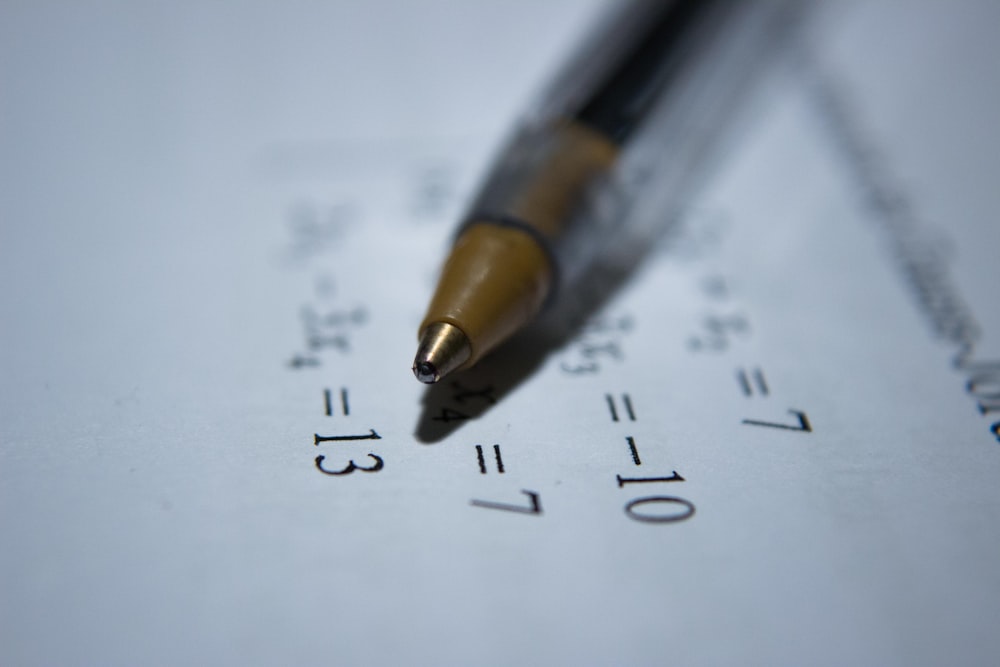As students, we are taught to learn the concepts of math, but never how to actually study and perform well for Math exams. Hence, Tutopiya is here to run down 7 key study tips for maths that can help you to perform better in examinations.
7 Key Study Tips For Maths
1 – Practicing is key
One of the first study tips for Maths is always Practice. Mathematics is a subject that requires you to apply your knowledge to the examination questions, which also means you will have to understand the concepts.
Only by practicing, you will learn the steps to solving the questions. You will know what to do first, and what comes next, etc.
2 – The formula sheet is your best friend
One of the most overlooked study tips for Math is utilizing the formula sheet that is provided for you in your examination. The formula sheet is available to you outside of examination, hence, you should familiarize yourself with the formula sheet by referring to it regularly when attempting practice questions.
3 – Understand what your calculator can do
As we further our studies into O and A Levels, we are allowed to use more advanced calculators which are useful for more complex mathematical expressions. Find out what your calculators can do for you and make sure to practice using them regularly when practicing exam questions.
Here are some functions that you should know some calculators are capable of doing.
- Converting polar to rectangular
- Calculating matrices
- Finding out algebraic expressions
- Vector calculation
- Integration
And so many more. You can learn how to use these functions by simply looking them up on YouTube with your calculator’s code.
4 – Understanding the derivations of certain formulas
This is mostly applicable for students who are in taking the O or A Levels. The derivation of certain formulas is not only helpful but also meaningful. Knowing your way around derivations puts you in an advantageous position as certain questions test your knowledge about the origin and basics of complex formulas.
5 – Understand your mistakes and close up any knowledge gaps
Due to the nature of mathematics where one topic or concept is built on previous knowledge, you will need to be able to spot, correct and understand your mistakes. Leaving knowledge gaps will cause you to have trouble moving on to the next topic. You should address all your mistakes and learn from them as quickly as possible.
6 – Practice on example questions in your textbook
When starting on a new concept or topic, always remember to attempt the example questions first. This is because these examples have step-by-step solutions to them and they can help you familiarise yourself with the steps taken to solve the problem. They also provide you with a detailed explanation which is helpful when starting to learn a new completely new concept.
7 – Mastery is important in mathematics
As mentioned, Mathematics is a subject that builds on previous and existing knowledge. Without a strong foundation of the previous chapters, you may find yourself struggling to make it through the next chapter. Hence, mastering the concepts is important when it comes to mathematics. How to attain mastery? Back to the first point of this article!
How do you know you have mastered the concept? You will know it when solving the question is no longer a chore but an enjoyable thing to do. This is because your brain already knows the exact steps it needs to take to reach the answer. At this stage, your brain has built muscle memory around the concept and solving these type of questions are no longer challenging.
In a nutshell, mathematics is a subject that you are not able to get through it without struggling through it. You will only truly understand and learn when you crack your head while solving these questions. You may even find yourself enjoying the process as you try to get to your destination!
Read also: Active Recall and Spaced Repetition: How to Study Effectively







